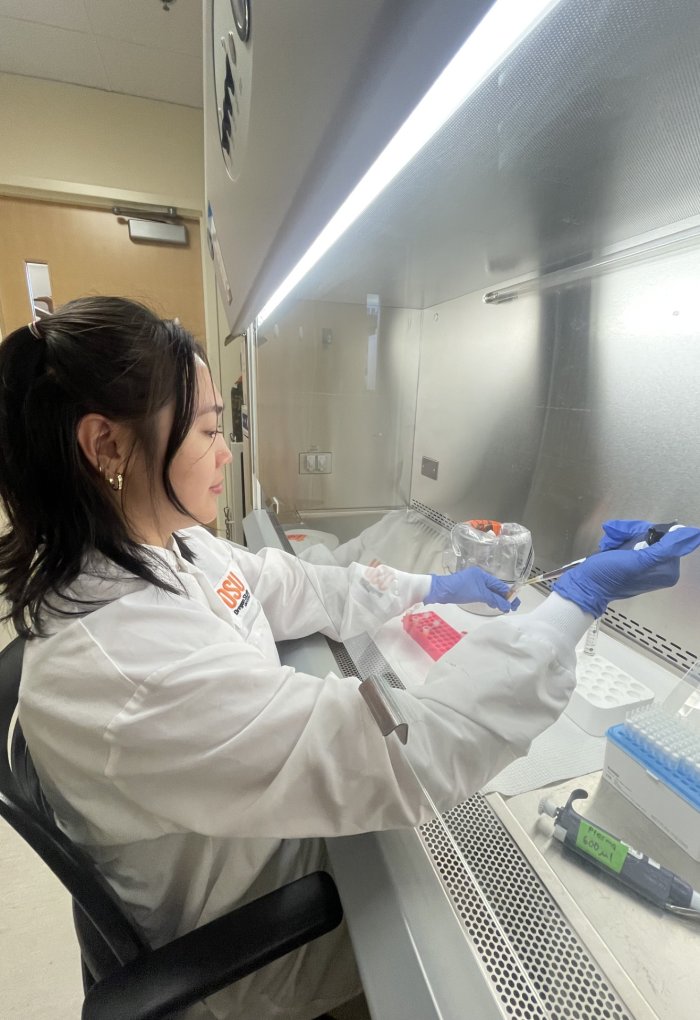Every summer, Oregon State’s Summer Undergraduate Research Experience (SURE) in the College of Science empowers students to turn curiosity into discovery, and in many cases, personal experiences into purpose. Backed by funding that allows them to fully immerse in research, students step into labs across campus to pursue projects that shape their future. From cancer biology to nutrition science, their journeys are defined by mentorship, resilience and the chance to see themselves as scientists.
For Ashley Tran, it was finding a sense of belonging in a lab led by women of color.





